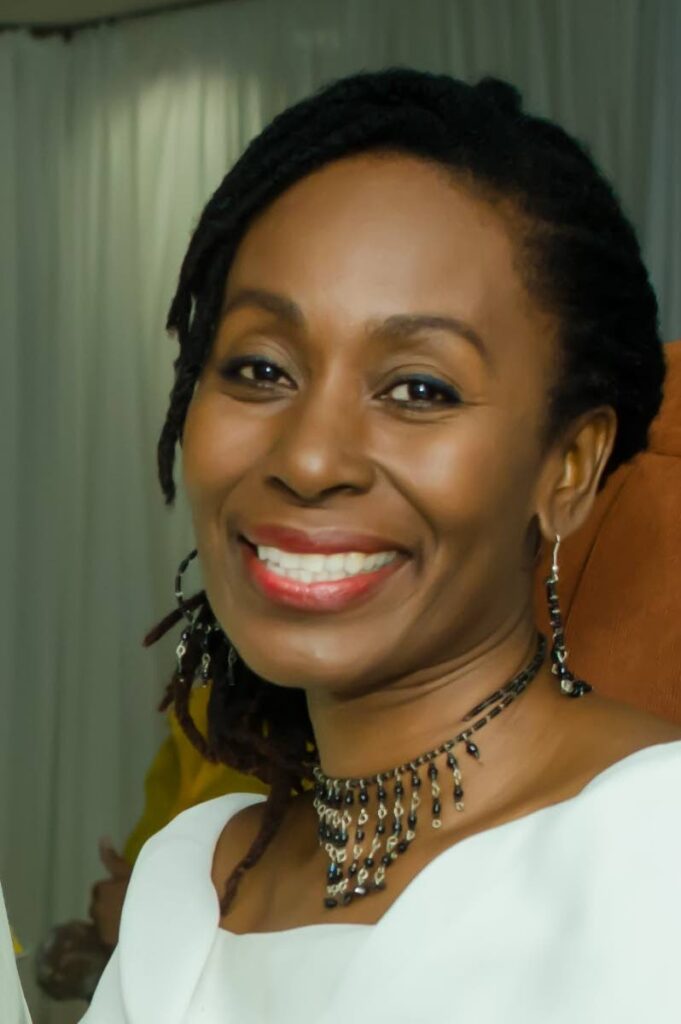Fear of fire

Culture Matters
Of Flesh & Spirit
DARA E HEALY
Every Carnival Monday morning, Aldrick Prospect, with only the memory burning in his blood…as he put on his dragon costume, a sense of entering a sacred mask that invested him with an ancestral authority to uphold before the people of this Hill, this tribe marooned so far from the homeland that never was their home, the warriorhood that had not died in them, their humanness that was determined not by their possession of things.
– Earl Lovelace, Dragon Can’t Dance
CARNIVAL JUMBIE! The Carnival jumbie coming! In my sleep the little boy, sometimes girl then back to boy, is shouting at me, leaning forward as he, she, becomes more desperate for me to understand. Carnival jumbie! I jump out my sleep and look at the lights of the clock glinting in the dark. 4 am, jumbie hour. I drag myself up. OK, as usual the jumbies win; they are ready for me to tell their Carnival story again.
Some kind of jumbie encounter usually happens to me every year. Sometimes they are too insistent. Incense and rituals help to calm them. I reach again for Dragon Can’t Dance, reading it as I do in phases, every Carnival, finding something else inside the potency of the pages. Earl Lovelace’s streams-of-consciousness writing style carries me along in the flow of his words and I renew my desire to connect to the Carnival that is my, our, birthright.
Fear of fire. In 1881, the governor alleged that the government wanted to ban the Carnival for fear of fire. Perhaps he had a point, given that most of the buildings in Port of Spain at the time were wooden. Perhaps. The jumbies share their views with me. The more we debate and dilute the Carnival with irrelevant issues, the more that successive governments place obstacles in the way of the creative sector, the harder it will be for us to move to that place of understanding.
Carnival is not just a party, yet party we must – to release, reinvent and reaffirm. But in life, there must be balance. Undeniably, there is still lack of clarity about how culture may serve as a transformative force, especially for our youth.
Further, why should promoters be subjected to arbitrary fees and rules from the police? Why are underused or unoccupied state buildings and properties not allocated to the creative sector in urban and rural areas for a smoother, more dignified organising of cultural events? Why do the allocations to community events feel more like a lottery rather than part of an integrated cultural plan? Who will get, who will not get?
These are just some examples of the many ways in which the State still actively works against the proper integration and acceptance of Carnival into the fabric of our society. Soon we will no doubt see one of the more objectionable acts by the State – the notice ordering us all back to work after we have collectively produced the festival that is one of the largest income earners for our nation.
This contestation between the State and indigenous culture runs deep, even before the 1880s and the banning of various aspects of the jamette Carnival in later decades. As scholars have shown, the institution of slavery was invented to attain maximum profits for the British and other countries that earned significant wealth based on the system of enslavement.
Legal, religious and cultural strategies were employed to establish the African as inferior. Indeed, “colonial laws approved by the British government for the colonies were clear that blacks were not human but were property first and foremost.” The enduring psychological damage caused by hundreds of years of negative mental conditioning should not be dismissed or treated lightly in the context of the cultural struggles we face today.
In TT, our post-emancipation history added more complex layers to this conversation about the legitimacy of our Carnival. I still cringe when I hear practitioners abandon local cultural forms like soca or calypso for something more sacred. If we are honest, can we distinguish what is sacred and what is profane?
We continue to be afraid of the fire because we still do not accept it as integral to our being. Not really. Thus, it is important for me to read Dragon every year. Lovelace’s prose helps me to focus on my mission. Aldrick is clear, he gives me courage. Aldrick and the jumbies.
Dara E Healy is a performance artist and founder of the Indigenous Creative Arts Network – ICAN

Comments
"Fear of fire"